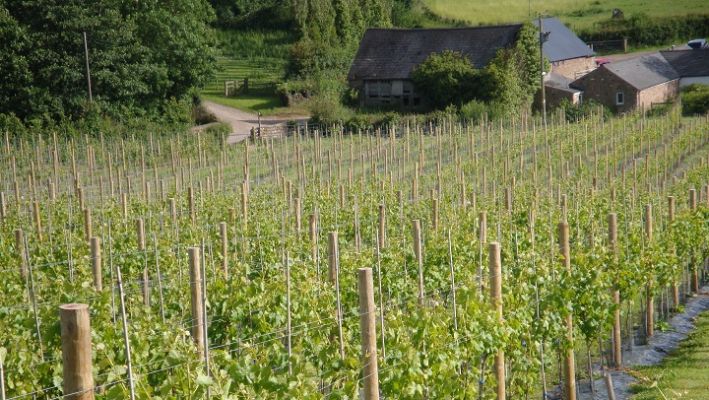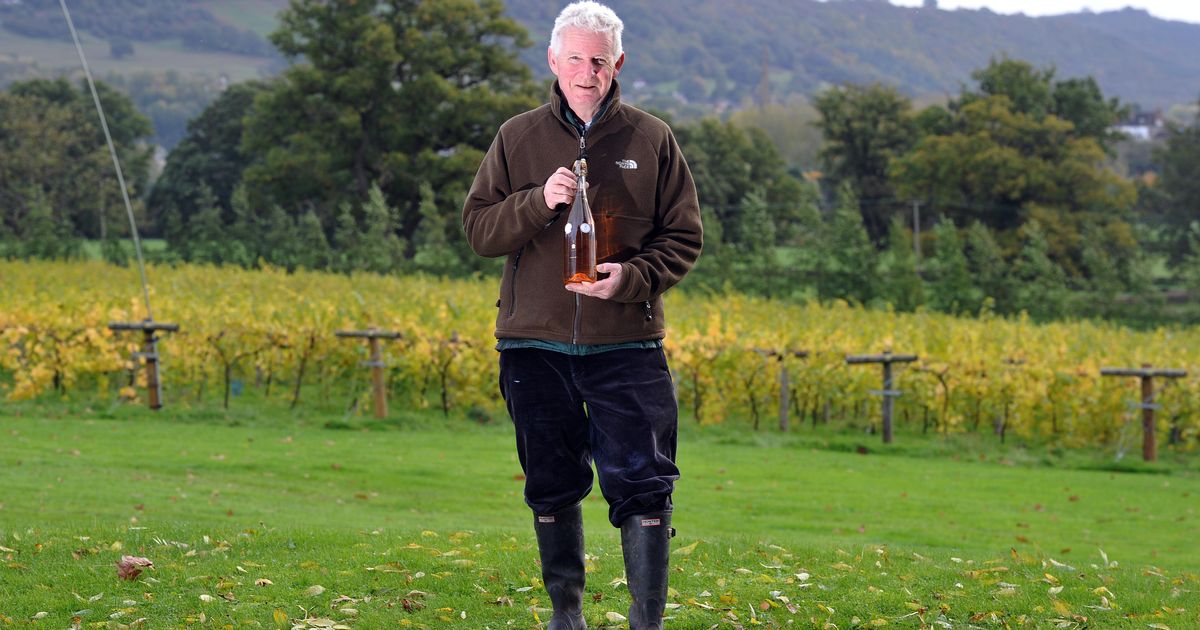British and wine are two words that are rarely put together; yet this is about to change. During the last couple of decades the British started participating in the grape pressing business and are now starting to harvest the fruits of their labor.
It probably won’t come as a surprise that the UK’s wineries are located in the South of the country. Attempts to make a Scottish wine have been made but so far no one has been willing to try the beverage.
The Financial Times reports that vineyards in the region of Wales are flourishing. Welsh vineyards have been picking up dozens of awards in the past five years for their light, crisp whites, rosés and sparkling wines. And surprisingly, some of these wineries are less than a decade old.
Most Welsh vineyards are small. White Castle Vineyard’s vines, for example, are on five acres of south-facing slope. Its wines are available to buy from the cellar door and include an award-winning Phoenix and Siegerrebe blend (a sweet and crisp dessert grape) named Gwin Gwyn.

Photo: http://www.glassofbubbly.com
Parva Farm is one of the oldest Welsh vineyards. The first vines were planted in 1979 from which the winery’s Tintern Parva Bacchus is produced; the 2009 vintage won a silver medal at the 2011 International Wine Challenge.
In contrast, Ancre Hill Estates is only a decade old yet already won an impressive amount of awards from Decanter World Wine, International Wine Challenge and International Wine and Spirits awards.

Their Pinot Noir, Chardonnay and Albarińo grapes are planted over soils littered with Jurassic limestone, lending distinctive mineral tones to the wines. Sparkling wines in particular benefit from these soils. Ancre Hill’s 2008 vintage was awarded best sparkling wine in the world at the 2012 Bollicine Del Mondo competition in Verona, which included Paul Bara, Feuillate and Bollinger as well.
The fact that even French producers are buying prime viticulture real estate in the region to help future-proof their business from climate change leaves it beyond doubt that this region is one to be reckoned with.



 0
0